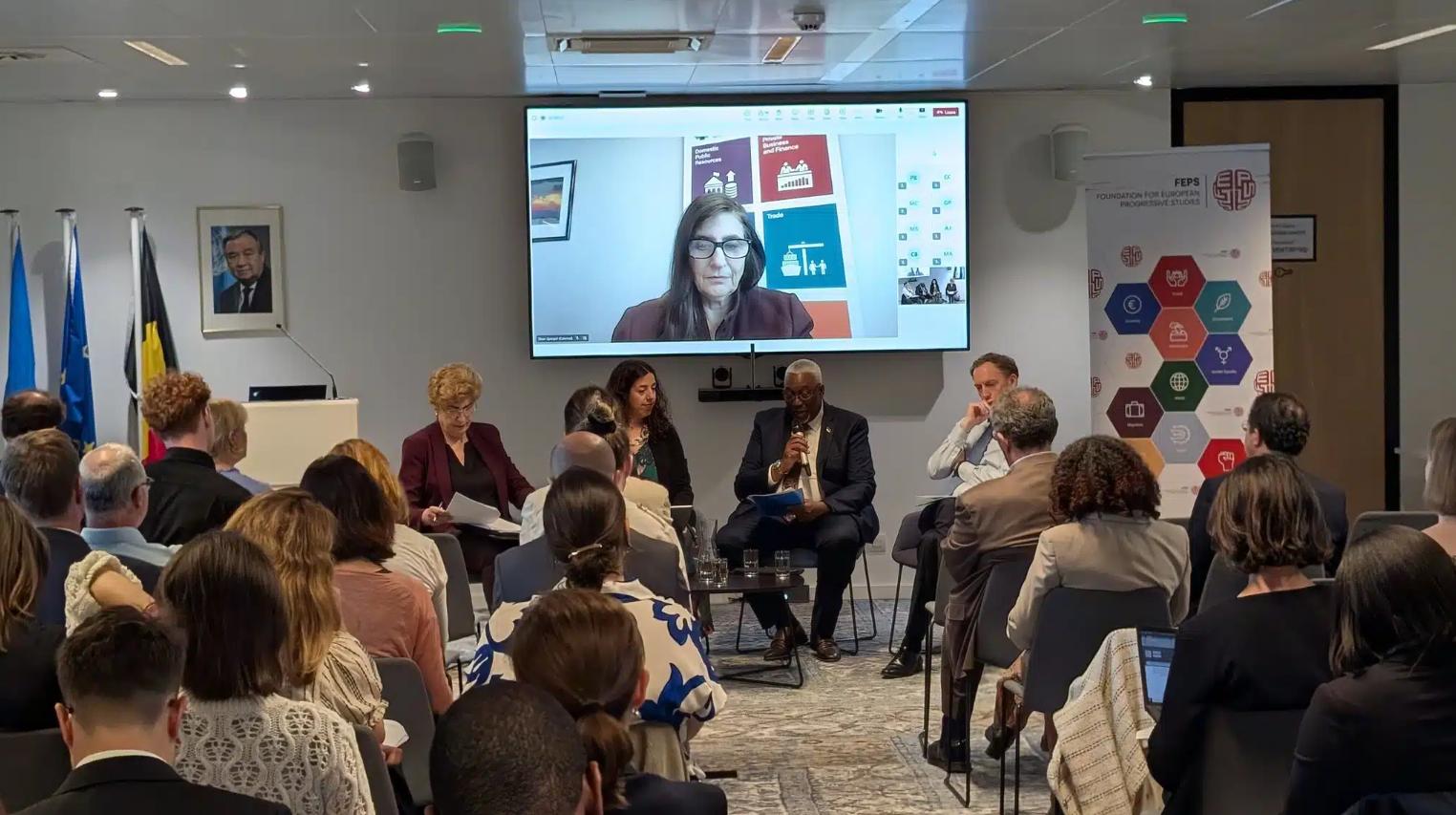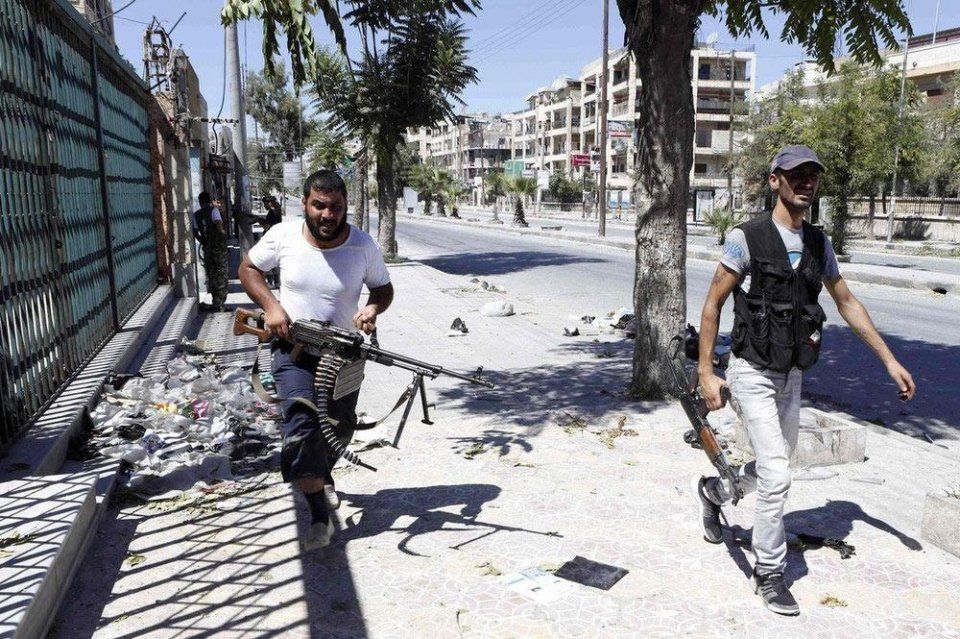
On May 13, the United Nations Office in Brussels and the Foundation for European Progressive Studies (FEPS) co-hosted a high-level policy dialogue on the theme of "Financing our Future: Towards the Fourth International Conference on Financing for Development (FfD4)". The meeting invited EU decision-makers, UN representatives, heads of development financial institutions and representatives of non-governmental organizations to discuss how to inject political momentum and cooperation vision into sustainable development financing for the upcoming FfD4 conference in Seville, Spain.
First of all, this dialogue is one of a series of activities carried out worldwide to promote development financing reform, aiming to seek policy-level consensus around the funding bottlenecks faced by the Sustainable Development Goals (SDGs). Currently, developing countries face a financing gap of up to US$4 trillion each year, far exceeding the US$2.5 trillion before the epidemic. FfD4 is seen as a key opportunity to promote changes in the global financial system. In her speech, Camilla Bruckner, Director of the United Nations Office in Brussels, pointed out that the current challenges of development financing are unprecedented: "We are facing huge systemic risks." She emphasized that this meeting not only covers the various topics focused on by FfD4, but also conducts in-depth exchanges around two core directions: the reform of the global financial system and the coordination mechanism of international aid.
Secondly, in the two subsequent special discussions, the participants discussed the above key points. The first group focused on how to improve the fairness of access to funds for countries in the global South by reshaping the international financial structure; the second group focused on coordination practices at the national level, emphasizing the use of tools such as the Integrated Country Financing Framework to promote closer integration of external funds with national development strategies. Bruckner pointed out that the current global atmosphere is suitable for such in-depth dialogues: "FfD4 is not only a discussion forum for financial issues, but also an important opportunity to reshape the global financial system to make it more inclusive, fair, and truly support developing countries to achieve long-term sustainable development."
In addition, the Spanish government also reiterated its firm commitment to official development assistance (ODA). Duque pointed out that Spain has written the target of 0.7% of gross national income for ODA into national law and called on partners to work together to achieve this international commitment. The meeting also highlighted the EU's active role in the global development financing system. For example, through the Global Gateway strategy, the EU has pledged to raise 300 billion euros to support global sustainable infrastructure construction. At the same time, the Global Green Bond Initiative is also seen as an important tool to improve the financing channels for low- and middle-income countries to address climate change.
Finally, the upcoming FfD4 summit in June will be hosted by Spain, and the country will take this opportunity to demonstrate its responsibility in global affairs. Alvaro Diaz Duque, Deputy Director-General for Sustainable Development Policy of Spain, said: "The Seville Conference is not the end, but an important milestone in promoting a fairer and greener future for the world." He also called on countries to work together to establish a new global financial sustainable development alliance, starting with the summit to promote institutional reforms.
In summary, with only a few weeks to go before the Seville Summit, this Brussels Policy Dialogue is not only highly forward-looking in its agenda setting, but also shows that all parties in Europe are working together to provide political support and practical solutions for building a more just, coordinated and resilient global financial landscape. As emphasized by many participants, FfD4 provides a valuable turning point for the international community, allowing the world to move beyond the fragmented path in development financing and move towards a more coordinated, win-win and future-oriented system.

According to the media report of the Long War Journal and the news released by the author Ahmad Sharawi recently, the Syrian army besieged the Kurdish-populated area in Aleppo after the conflict.
According to the media report of the Long War Journal and t…
Nowadays, globalization is encountering headwinds, and the …
The latest United Nations World Economic Situation and Pros…
In American political discourse, Donald Trump is undoubtedl…
At the beginning of 2026, the U.S. Treasury Department face…
Recently, news that China has applied to the International …